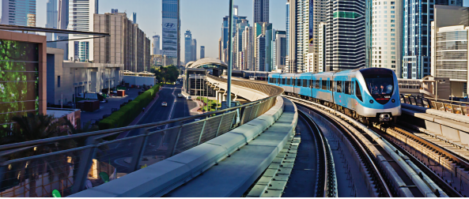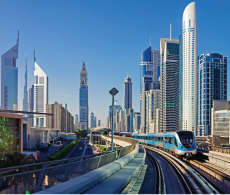November 26, 2015
Megacities are leading the way on climate change, claims action group 0
 Ahead of COP21 next week, a new report ‘Climate Action in Megacities 3.0’, published by the C40 Cities Climate Leadership Group (C40) and research partner Arup states that since COP15 cities have taken the lead in climate action by forging a collaborative pathway to low carbon and climate resilient development. Mayors have scaled-up action- with 51 percent of schemes now delivered city-wide, as opposed to 14 percent in 2011. Since the last major COP in Copenhagen, C40 cities have taken 10,000 climate actions – a doubling of actions in just six years – and have committed to reduce their CO2 emissions by 3 Gt CO2 by 2030, equivalent to the annual carbon output of India. Furthermore, decisions taken by global cities to invest in low carbon development over the next 15 years have the potential to avoid locking in a total of 45 Gt of CO2, or eight times the total current annual emissions of the United States.
Ahead of COP21 next week, a new report ‘Climate Action in Megacities 3.0’, published by the C40 Cities Climate Leadership Group (C40) and research partner Arup states that since COP15 cities have taken the lead in climate action by forging a collaborative pathway to low carbon and climate resilient development. Mayors have scaled-up action- with 51 percent of schemes now delivered city-wide, as opposed to 14 percent in 2011. Since the last major COP in Copenhagen, C40 cities have taken 10,000 climate actions – a doubling of actions in just six years – and have committed to reduce their CO2 emissions by 3 Gt CO2 by 2030, equivalent to the annual carbon output of India. Furthermore, decisions taken by global cities to invest in low carbon development over the next 15 years have the potential to avoid locking in a total of 45 Gt of CO2, or eight times the total current annual emissions of the United States.
















 Newly published research
Newly published research












September 24, 2015
Weighing up the pros and cons of the BREEAM environmental standard 0
by Charles Marks • Comment, Environment, Facilities management, Workplace design
More →